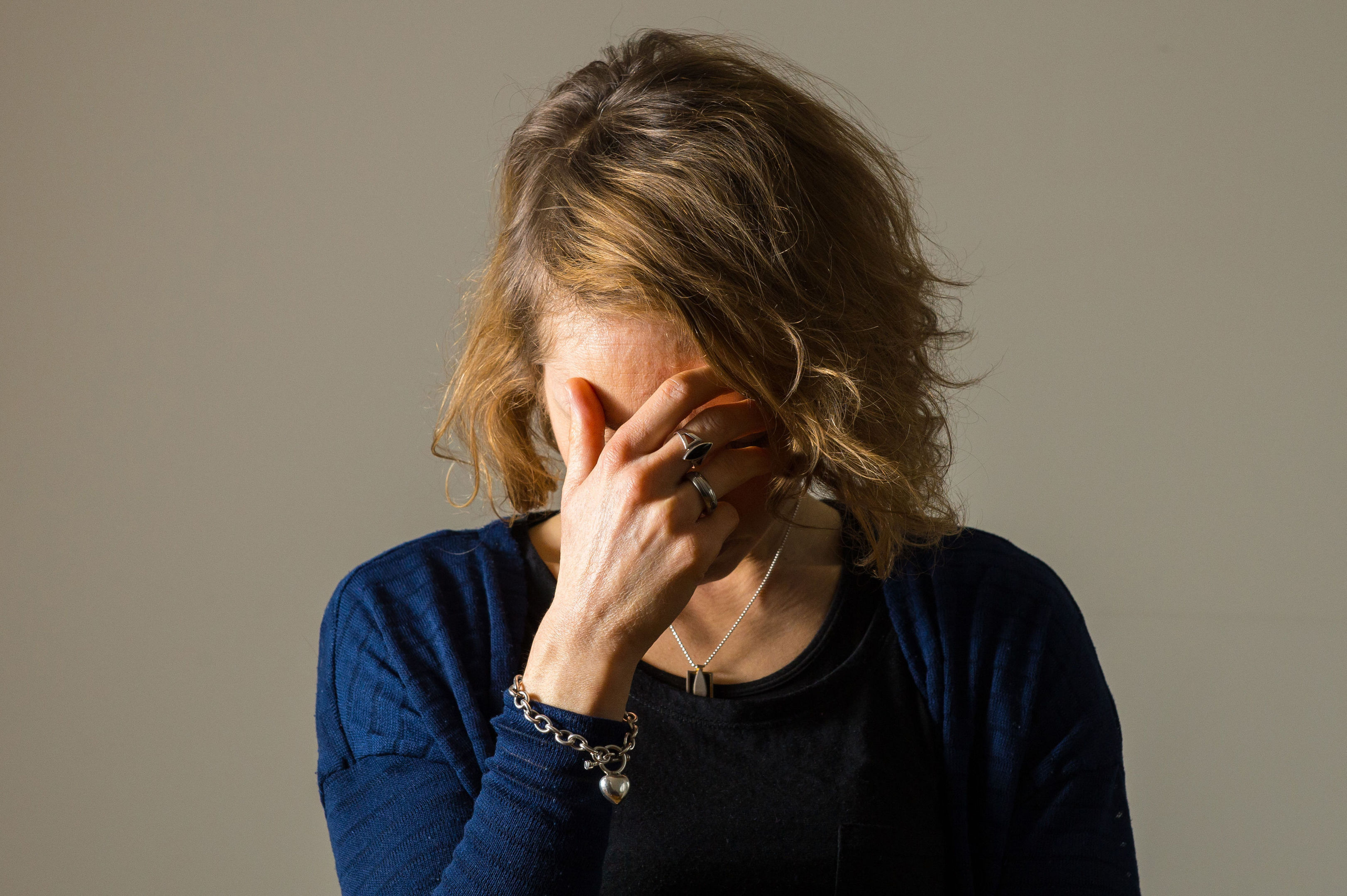
Almost a quarter of adults living under the coronavirus lockdown in the UK have felt lonely – raising concerns about the long-term risk to mental health.
A survey by charity the Mental Health Foundation found the most affected group were young people aged 18 to 24, with 44% saying they felt lonely.
The next most affected group were adults aged 25 to 34, with 35% saying they had felt loneliness as a result of the Covid-19 pandemic.
One in six older people aged over 55 said they had felt lonely as a result of coronavirus.
The study was carried out as part of a major UK-wide longitudinal research project called Coronavirus: Mental Health and the Pandemic.
The survey was conducted over two days at the beginning of April and asked people whether they had felt loneliness in the previous two weeks.
The UK-wide project is being led by the charity in partnership with the University of Cambridge, Swansea University, University of Strathclyde and Queen’s University Belfast.
Dr Antonis Kousoulis, director at the Mental Health Foundation, said: “Our data reveal that millions of people in the UK are experiencing feelings of loneliness, which is a key risk factor for developing or worsening mental health problems.
“The concern is that the longer the pandemic goes on, the more feelings become long-term. The impact of long-term loneliness on mental health can be very hard to manage.
“While the initial priority must be to prevent loss of life, we fear that we may be living with the mental health impacts of the coronavirus situation for many years to come.
“This is especially true of vulnerable groups and it is critical that governments and others are mindful of this in developing policy as we go forward.”
The research also revealed a major surge in feelings of loneliness, which more than doubled across the lockdown period.
When the researchers carried out the first round of the survey in March, shortly before the lockdown started, 10% of UK adults said they had felt lonely. This had risen to 24% by the beginning of April.
Professor Tine Van Bortel, of the University of Cambridge, added: “It might feel surprising, but what our research shows is that the group most likely to be experiencing these feelings are young people.
“It is worrying that close to half of them said they are concerned about feeling lonely, and special attention should be given to young people.
“However, we shouldn’t forget that loneliness is also clearly affecting very large numbers of people of all ages.”
– YouGov sampled 2,221 UK adults between April 2 and 3.

Enjoy the convenience of having The Sunday Post delivered as a digital ePaper straight to your smartphone, tablet or computer.
Subscribe for only £5.49 a month and enjoy all the benefits of the printed paper as a digital replica.
Subscribe